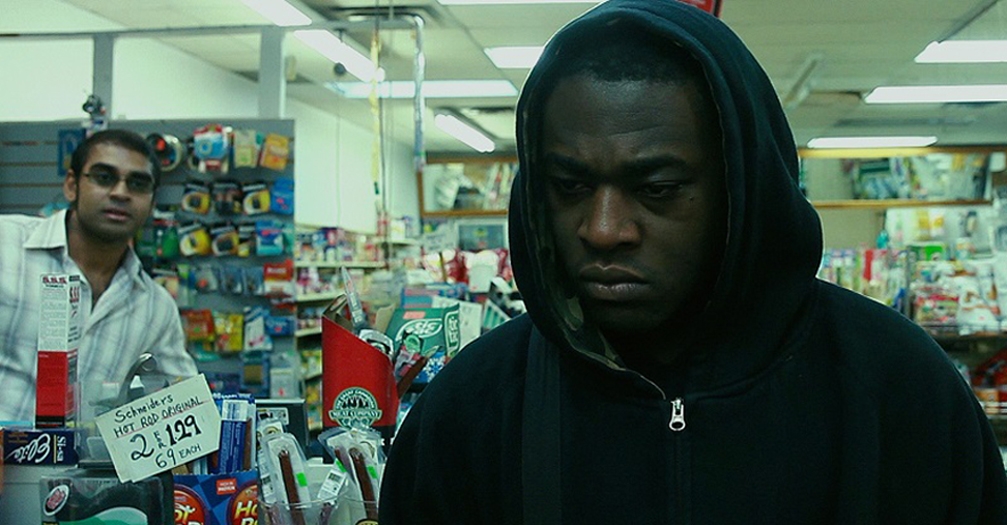Bernice Afriyie | Arts Editor
Featured image: Alexander says the film was based in part on personal experiences. | Courtesy of Toronto Youth Shorts
Excalibur: Can you tell me a little bit about yourself and your film?
Alexander Henry: I just graduated from Humber College’s film program and I love directing, writing and producing short films, feature films and commercials. Do Something is about a young man overcoming stereotypes. He’s not financially in the best situation. He has a hard-working mother and a brother to take care of and succumbs to these pressures. His little brother is hungry and there’s no food and he’s in a situation where he doesn’t make the best decision. He kind of ends up doing the right thing, but in the process of doing that right thing he becomes stereotyped and later on it gets out of hand.
E: Does this film come from a personal place?
AH: Yeah, it definitely comes from a place of personal experience. I made this film two years ago and at the time this was around the deaths of Trayvon Martin, Eric Garner and Michael Brown whose photo I actually have on the wall of the convenience store in the film. It was definitely a personal experience because I was angry at those situations and the fact that everyone was turning a blind eye to them. For me, I’ve been followed so many times. I’ve been followed in convenience stores. I’ve been accused. I’ve been followed all the way home by the police to my very own doorstep so I got really frustrated with this stuff and I decided to kind of push this into my work and my film, so that’s where all of this comes from.
E: You said you made this film two years ago, but can you speak to its relevance right now?
AH: Like I said, I made this film two years ago and I was kind of done with sending it to festivals and I didn’t know what to do with it and I didn’t think I was going to send it anywhere else until Henry, the director of Toronto Youth Shorts, said he liked my film and said it was a topic that needed to be talked about. I’m really happy that I brought my film out again because I thought that at the time, my film was a dying thing and I wanted to keep on pushing it but no one was listening, but it’s really great that I can bring this awareness out today and people are listening now. We can’t let this topic die. We have to keep pushing it forward because it’s such a shame that I and so many other black people have to look behind their shoulders every second. Just two weeks ago I got followed home and it’s like, come on, you know? Or you get judged and stereotyped. I feel like I’m just touching the surface of this stuff and I think that we can change this in a positive manner.
E: Can you talk about dealing with personal instances of racism and prejudice and having to speak to larger instances of racism towards black people in society?
AH: It’s actually crazy because when I was making this film, we were in the process of location scouting and I wasn’t sure at the time if I wanted to make this film to be honest, because it’s such a touchy subject and everyone has an opinion so you’re scared to say something. What made me really want to push forward with this was that my director of photography and I, we were location scouting and this store owner that we were meeting up with in her store, she knew we were coming up and she knew under what subject matter we were coming by for. We were in the store and kind of just feeling up the place and she knows who we are and we are talking to her and she accuses us of stealing from the store! I was like, am I living out my film right now? That was the stamp to say that I have to make this film because why should black people have to feel this way? It is a touchy subject, the whole Black Lives Matter and All Lives Matter and my stance is that of course all lives matter, there’s no doubt, but black people are the ones who are going through this right now. It’s not to say that other people or other races are not going through something, but everyday I have to hear about somebody new getting shot or arrested and when you look at the percentage of people behind bars, what are the faces you see? The majority of them are black people and people don’t want to hear this and it’s a shame that people feel uncomfortable talking about this but it’s something that we have to talk about.




